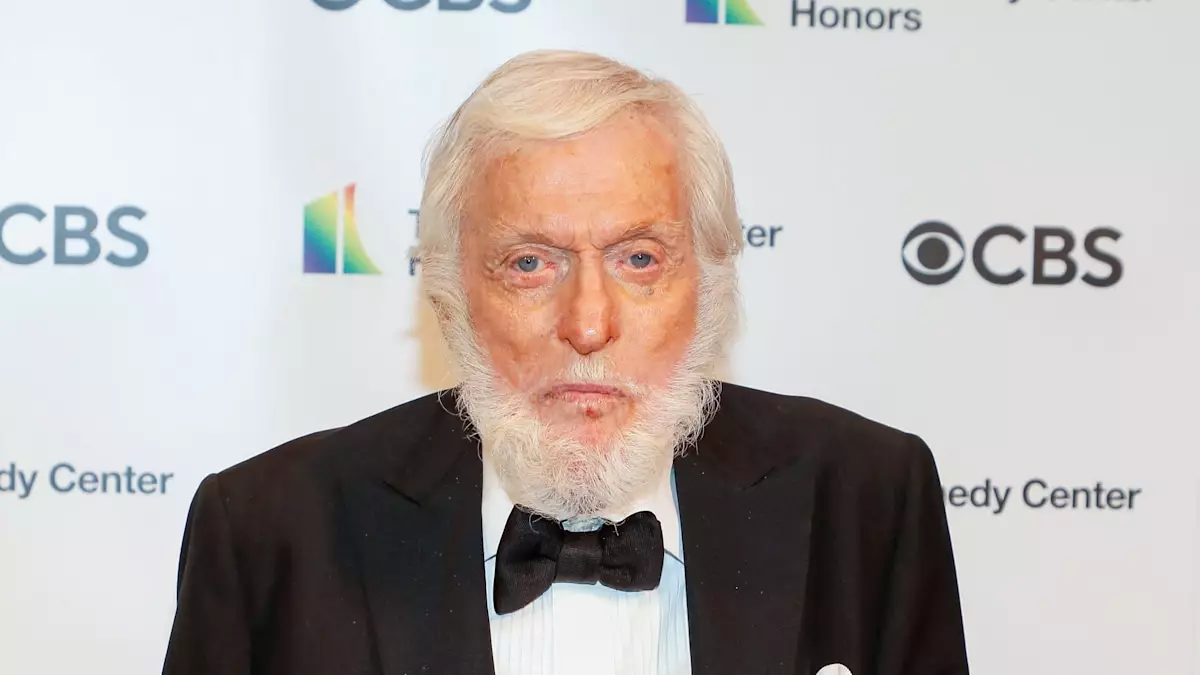Dick Van Dyke, a household name cherished for his timeless roles and unwavering charm, recently reminded the world that even legends experience setbacks. Approaching his 100th birthday this December, Van Dyke faced a low moment when he had to miss hosting his annual Vandy Camp event at Malibu High School. While fans may have hoped for his iconic presence, it is a stark and humbling reality that despite remarkable longevity, the human body is vulnerable to good and bad days, particularly as it nears a century of life. His wife Arlene Silver’s candid update—acknowledging that “today [was] not a good day”—resonates because it humanizes a figure often seen as indefatigable.
Commitment to Passion and Performance
Vandy Camp, an event celebrating comedy, vaudeville, and circus arts, is not just a nostalgic tribute for Van Dyke; it is a vibrant expression of his lifelong devotion to performance and joy. Though Van Dyke could not attend in person, he appeared through a livestream, underscoring his resilient spirit and determination to maintain a connection with his audience. This dynamic involvement reflects an important lesson often overlooked in discussions of aging: that purpose can be a powerful motivator to keep engaging with life, even when the body demands rest.
The Power of Routine and Movement
One of the most captivating aspects of Van Dyke’s story is his straightforward approach to longevity, centered largely on consistent physical activity. At nearly 100 years old, he continues to work out with his wife three times a week—a discipline strikingly counterintuitive to many people’s expectations of aging. He openly dismisses strict dietary routines, attributing his vitality more to motion and exercise than to stringent health regimens. This perspective challenges conventional narratives about longevity that often emphasize diet above all else and instead highlights the irreplaceable value of staying physically engaged as a path to maintaining quality of life.
Relationship Dynamics Across Generations
The unconventional partnership between Van Dyke and Arlene Silver, marked by a 46-year age difference, defies societal norms and invites reflection on what true companionship entails. Meeting when Van Dyke was 81 and Arlene 35, their relationship blossomed into marriage in 2012. Their lighthearted jokes about the age gap reveal a couple grounded in humor and mutual respect. Van Dyke’s lighthearted admission that his youthful spirit—his refusal to “grow up”—has contributed to their lasting bond offers a compelling counter to ageist assumptions about compatibility, reminding us that emotional connection and shared values often outlast superficial markers like age.
A Lesson in Transparency and Vulnerability
What stands out most from the recent event is the transparent manner in which Van Dyke and Silver handled his absence. Rather than conceal or downplay the situation, they openly communicated the reality, signaling respect for fans’ loyalty while managing expectations empathetically. This frankness is especially poignant in a culture that often idealizes celebrity figures as invincible. By embracing vulnerability, Van Dyke not only preserves his reputation but deepens the authenticity that has endeared him to generations.
Revitalizing Our Understanding of Aging
Dick Van Dyke’s experience offers a refreshing counter-narrative to the fear and stigma that frequently surround aging. His story challenges us to reconsider what it means to grow older—not as a gradual decline into invisibility, but as a complex, sometimes challenging, yet richly meaningful stage of life. Through persistence, humor, and connection, he exemplifies how longevity can be accompanied by purpose and joy, even in the face of setbacks. His life encourages a powerful shift toward embracing aging with grace and resilience rather than resignation.

